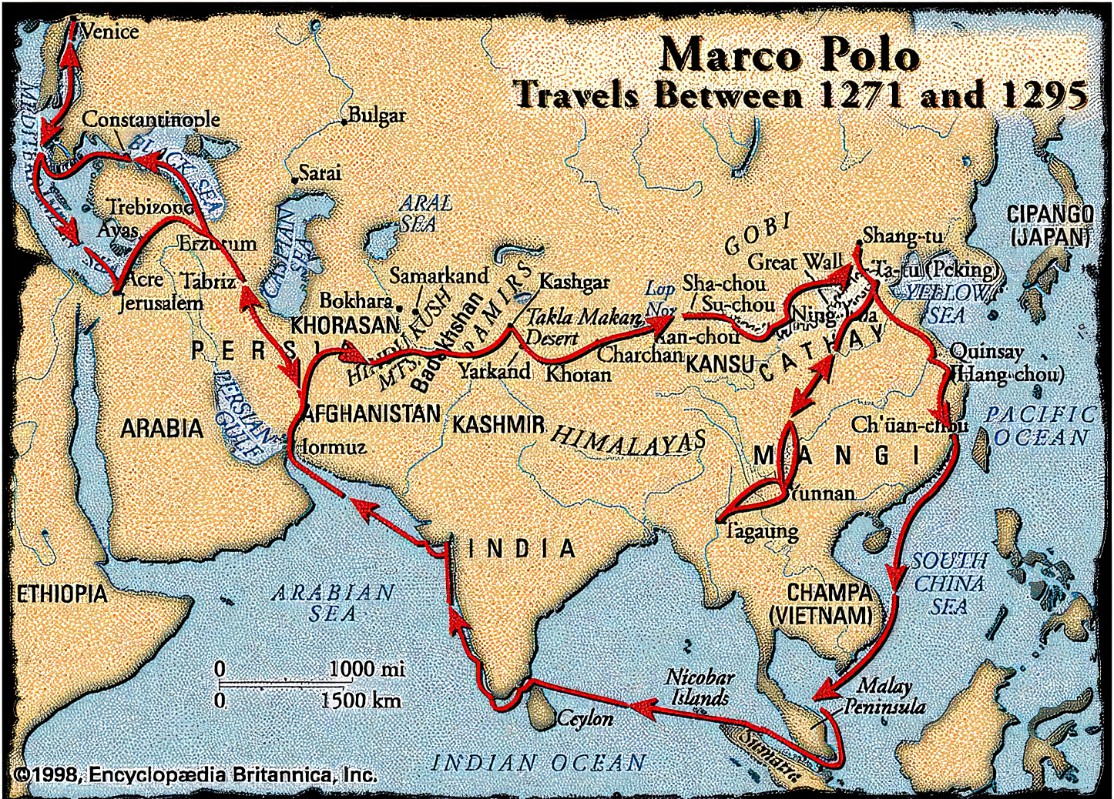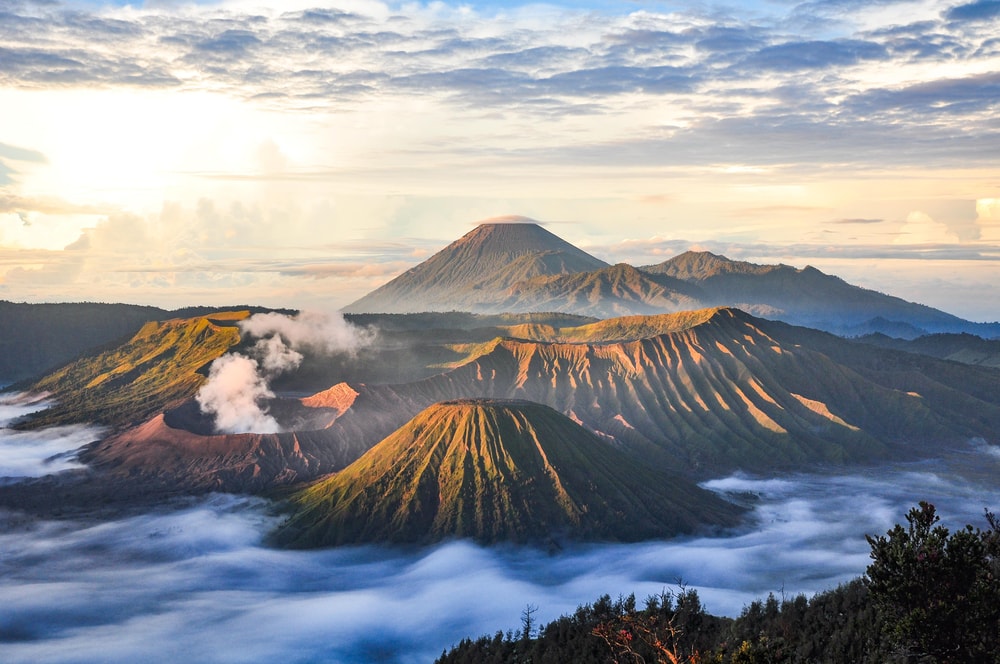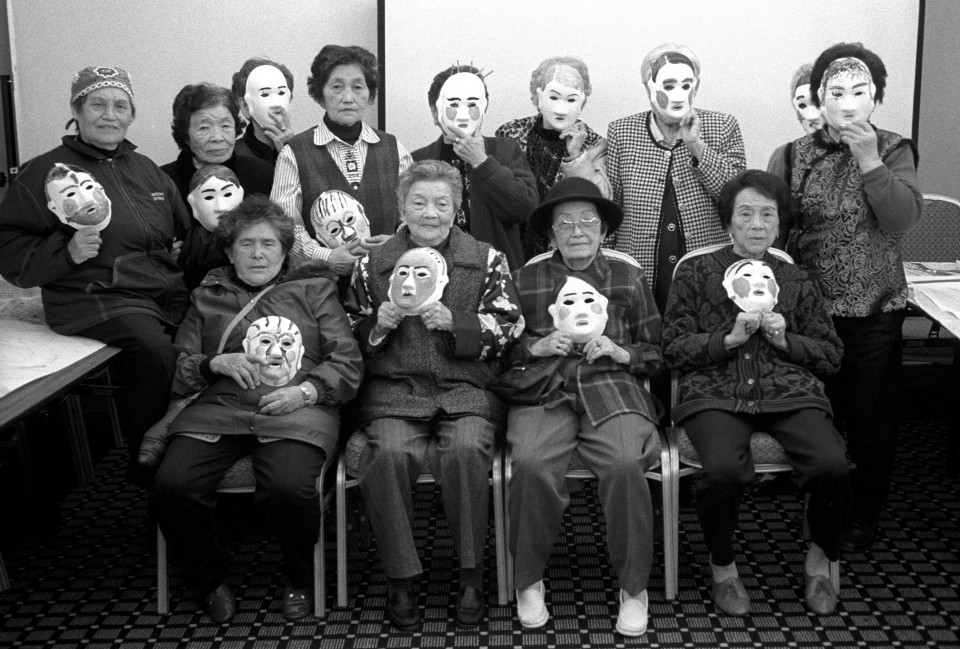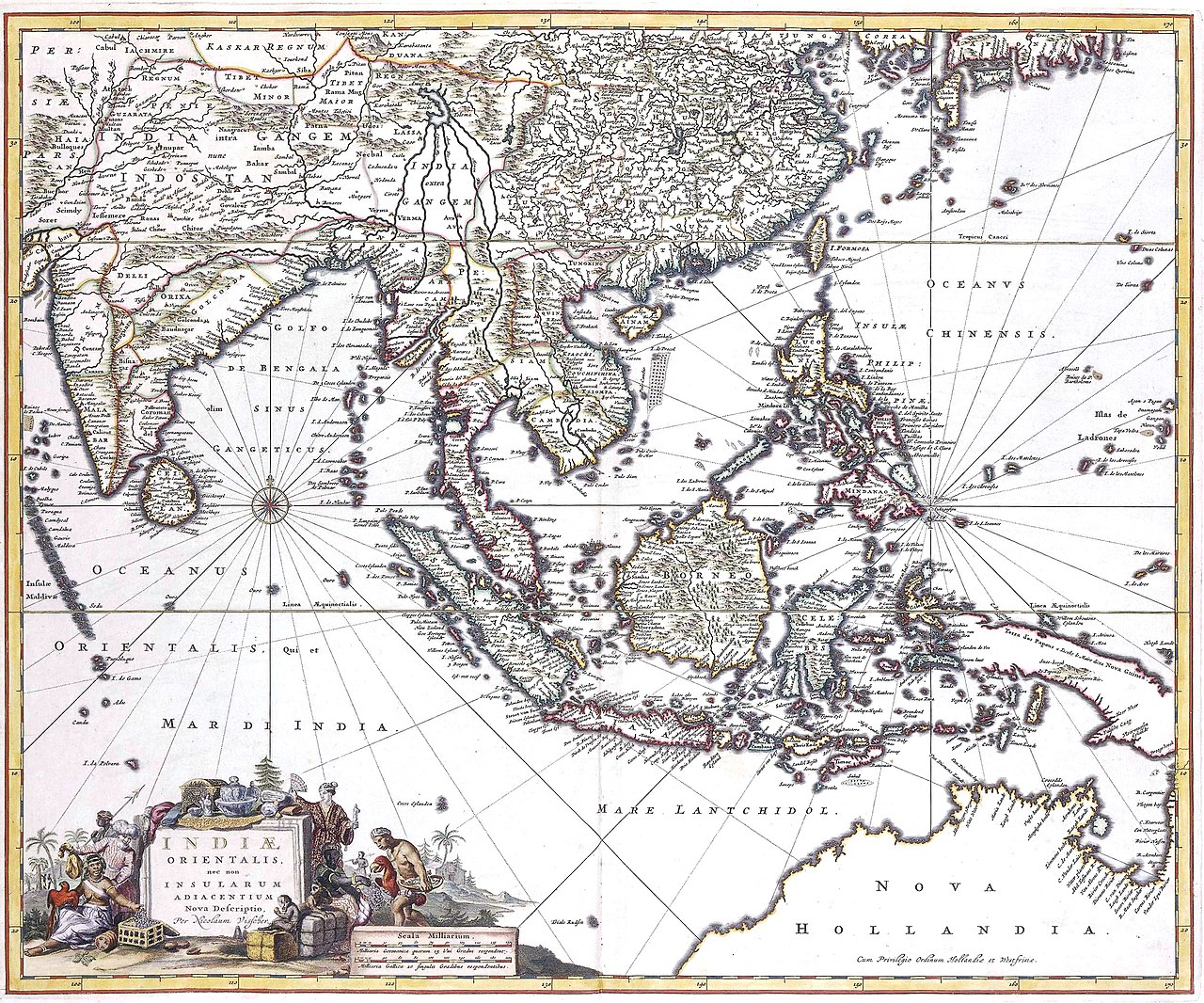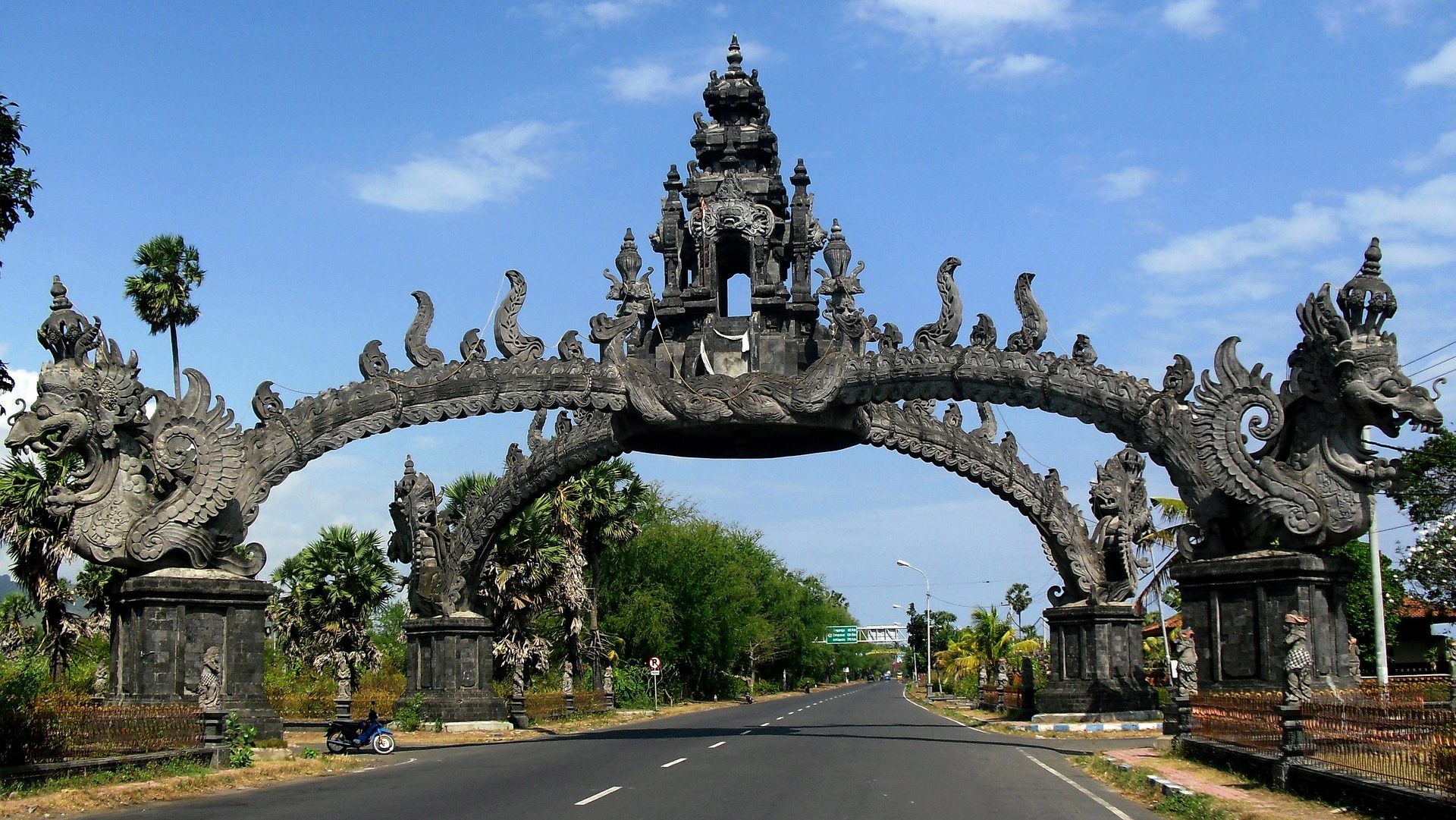
AsianOverland.net
Tour Guide - Itinerary
Asian Overland Sydney to London
Started 22/06/2022 Finished 21/06/2023365 Days ITINERARY
Day 40 date 31/07/2022BOROBUDUR to JAKARTA, JAVA INDONESIA
ASIANOVERLAND.NET SYDNEY TO LONDON DAY 353/40: JAKARTA (BATAVIA), JAVA, INDONESIA
Jakarta is on the northwest coast of Java and is the capital and largest city in Indonesia and Southeast Asia. It is the diplomatic capital of ASEAN and has a population of over 10 million. If you includes its satellite cities, it has a population of 35 million, making it the second-largest in the world (after Tokyo).
Jakarta was established in the fourth century as Sunda Kelapa and is one of the oldest continuously inhabited cities in Southeast Asia,
Before Islam was established in Indonesia, Muslim traders had been present for many centuries. The Indonesian archipelago was famous among early Muslim and Chinese sailors, mainly for its abundance of precious spices including nutmeg, cloves, galangal and many others.
Islam penetrated Jakarta and the rest of Indonesia in a largely peaceful way. From the 14th century to the end of the 19th century, the Indonesian archipelago saw almost no organised Muslim missionary or military activity.
The first evidence of Indonesian Muslims was in northern Sumatra (Aceh), where Marco Polo, on his way home from China in 1292, reported a Muslim town. The first evidence of a Muslim dynasty is a gravestone dated AD 1297, of the first Muslim ruler of Samudera Pasai Sultanate, (north Sumatra).
In 1292 the Yuan dynasty under Kublai Khan attempted to invade Java as a punitive expedition against the Singhasari, who had refused to pay tribute to the Yuan and maimed one of their emissaries. After a fierce battle, the Chinese forces were betrayed by their ally, Majapahit, under Raden Wijaya, who launched a surprise attack. The Yuan army had to withdraw in confusion as they were in hostile territory, with their ships being attacked by the Javanese navy. It was their last chance to catch the south-west monsoon winds home to China, or they would have had to wait another six months until the north-east monsoons finished. The invasion ended with Chinese humiliation and victory for the new state, Majapahit, which subsequently dominated Java and much of South East Asia from 1293.
Zheng He (1371–1433) was a mariner, explorer and fleet admiral during China's early Ming dynasty, and settled Chinese Muslim communities into Java, the Malay Peninsula, and the Philippines. From 1405 to 1426, Zheng commanded expeditionary voyages to Brunei, Java, Siam (Thailand), Southeast Asia, India, the Horn of Africa, and Arabia.
In 1424, the Emperor died, and his successor, the Hongxi Emperor (r. 1424–1425), stopped the voyages of the Chinese treasure ship fleets, effectively ending China’s maritime history.
The Demak area on Java's north coast operated as a Muslim port under the Hindu-Buddhist Majapahit kingdom. It was influenced by Islam brought by Muslim traders from China, Arabia, Samudra Pasai, and Malacca.
In the early 16th century, Central and East Java were still claimed by the Hindu-Buddhist king living in the interior of East Java. The coastal Muslim lords were Javanese who had adopted Islam, and others who were not originally Javanese, but Muslim traders settling along established trading routes, including Chinese, Indians, Arabs and Malays.
In 1527 the Demak Muslim forces defeated the remnants of the Majapahit kingdom and established the first Islamic sultanate in Java. After the fall of Majapahit, Hindu communities retreated to the mountain ranges in East Java and the neighbouring island of Bali. A large number of courtiers, artisans, priests, and members of the Hindu-Buddhist royalty moved east from Java to Bali.
In 1619 the Dutch established their trading headquarters in Jakarta, which they renamed Batavia, and sent Pieter de Carpentier (Corrie's great-great Uncle), to be the first Governor of Batavia and Governor-General of the Dutch East Indies. Pieter de Carpentier commissioned a voyage to the uncolonised great southern land, "New Holland", with two ships, the yacht Pera (captained by Carstenszoon) and Arnhem (captained by Willem Joosten van Colster). The ships travelled along the south coast of New Guinea, then headed south to Cape York Peninsula and the Gulf of Carpentaria (which they named after Pieter de Carpentier), but they were defeated by the Australian aboriginal people and returned to Java after naming Arnhem Land after the Arnhem.
Java slowly fell to the Dutch East India Company. Although the real political power lay with the colonial Dutch, the Javanese Kings and Sultans still held prestige as the supposed power centres of Java.
Like the rest of the Dutch East Indies, Java was captured by the Empire of Japan during World War II. To describe the Japanese occupation as brutal is an understatement. “Comfort women” were two hundred thousand women and girls forced into sexual slavery by the Imperial Japanese Army (including Corrie's Mum, Cornelia van der Wal). Still waiting for an apology. Or 200,000 apologies.
With Japan's defeat, independence was proclaimed in the new Republic of Indonesia, which successfully resisted the Dutch attempts to regain control of its former colony.
Jakarta's primary challenges include rapid urban growth, ecological breakdown, gridlocked traffic, congestion, and flooding. Jakarta is sinking up to 17 cm per year, which, coupled with climate change and the rising of sea levels, has made the city more prone to flooding. It is one of the fastest-sinking capitals in the world, which is one of the main reasons the capital of Indonesia will move to Borneo.
© This work is copyright. Apart from any use permitted under the Copyright Act 1968, no part may be reproduced by any process, nor may any other exclusive right be exercised, without the permission of Peter Searle, peter@portseavillageresort.com; 1980-2024.
Website built by Justin O’Dea www.webdeveloperdocklands.com.au
